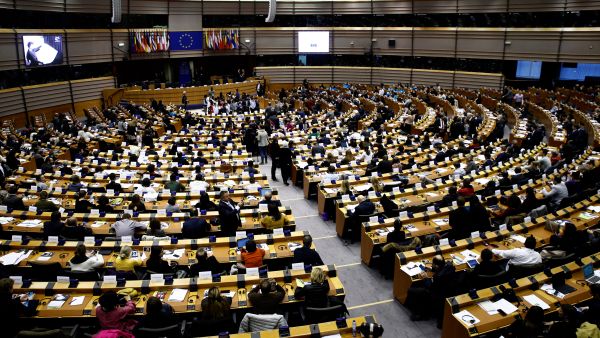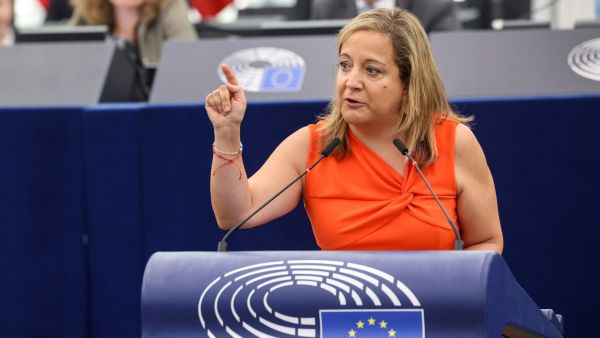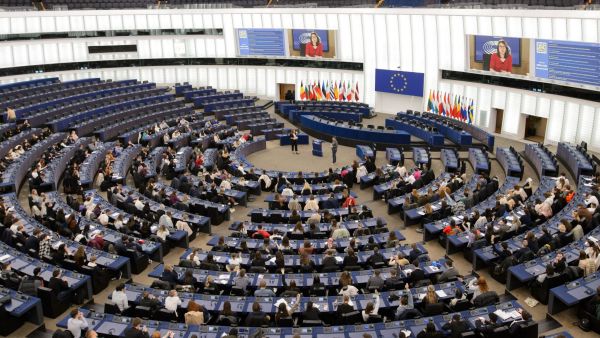S&D MEPs have welcomed that the European Commission finally came forward with proposals to tackle the dissemination of fake news on online platforms such as Facebook or Twitter. The aim of supporting media literacy, encourage independent fact checking and supporting quality journalism are all measures strongly supported by the S&D Group. However, concerns remain over how the proposed system of self-regulation of online platforms would be enforced and what the consequences would be for companies that fail to take meaningful action.
S&D Group vice-president responsible for the digital union, Josef Weidenholzer, said:
“Online platforms such as Facebook and Twitter are now key battlegrounds in democratic elections. As the Facebook/ Cambridge Analytica scandal showed, some political groups and other organisations are attempting to undermine the basic tenants of our democracy by spreading misleading or false information for economic or political gain. There is clear evidence that foreign governments, particularly Russia, are actively using this approach to attempt to undermine our democracies. We welcome that the European Commission has recognised the serious threat that fake news poses. The Commission’s approach in general seems right - to work with online platforms and make them take more responsibility for content that is spread on their sites. However, there are still serious questions over how exactly this self-regulation will be enforced and what will be the consequences for failing to act. We must also ensure that fundamental rights are protected and people’s right to free speech is not infringed.”
S&D Group vice president responsible for tackling extremism, Tanja Fajon, added:
“We are seeing an increasing amounts of false or misleading information on social media platforms. Often this is designed to stir up hatred or division in our societies. This is particularly true with stories about migrants or minority groups. We have been stressing the need for more action at the EU level to tackle this for a long time. The proposals announced today by the European Commission are a step in the right direction.
“There is clearly no easy solution to tackle fake news, as any approach needs to find the right balance of cracking down on deliberately misleading information while also ensuring we do not cross the line into censorship. We welcome the proposals for new funds to support digital literacy and quality journalism and the creation of a European network of fact-checkers. Ensuring citizens are better equipped to recognise fake news is half the battle. However, for the other half we need to see how the proposals for self-regulation work in practice. We need to have clear oversight of how the policy works and if it is not effective the European Commission must be prepared to look at stronger measures.”








